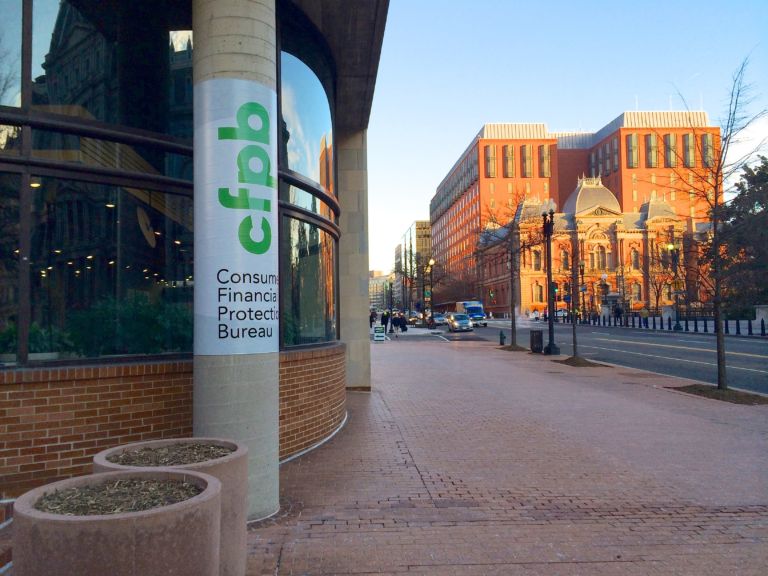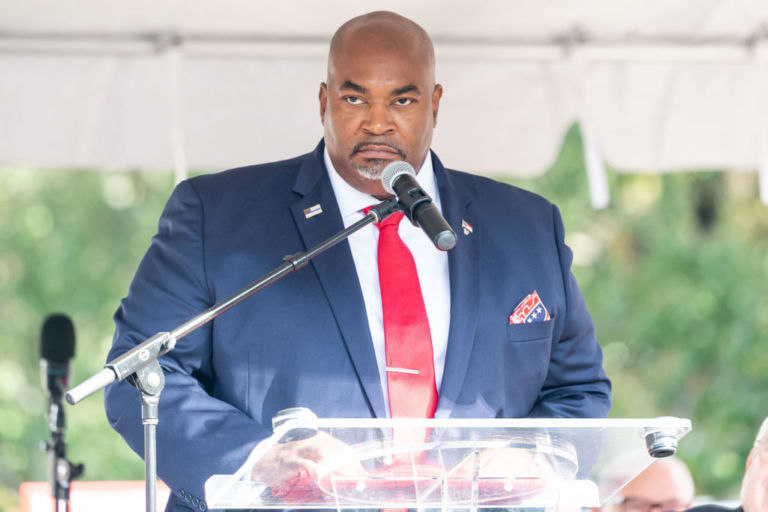Luther Ray Abel writes for National Review Online about a problem plaguing a pillar of higher education.
I attend a well-to-do liberal-arts school in the Midwest. The professors are wonderful and the classmates impressive. However, I find myself consistently pained by one thing: Many have little to no familiarity with even the most widely known Bible stories. In the words of the adventurous Professor Indiana Jones, “Any of you guys ever go to Sunday school?” …
… The institution I look to protest on behalf of is instead the Western Canon, the Great Books. These enduring tomes, which start with the Iliad, Pentateuch, and the Odyssey and end with whichever text John J. Miller — host of the Great Books podcast — so declares, are threatened by the willful ignorance of we moderns. …
… When a class must stop at almost every biblical reference in the poetry of Emily Dickinson — so that a student or the professor can explain who John the Baptist was or why the Book of Revelation is kind of a big deal — the quality and pace of instruction decline. Emily Dickinson was influenced mightily by her Calvinist roots, and though somewhat heterodox in her theology, she could not help but use Christian imagery and biblical allusions throughout her writings. When a majority of the class is unfamiliar with the Crucifixion, it makes for a long, and value-deficient, class.
A student attending college in the humanities should know who Noah was and what made his boat better than most. The student need not believe that Noah existed, or that his animal magnetism was as great as is said, or how long-lived his children were. Yet he ought to at least be aware of the fact that, say, the image of the dove returning to the vessel with the olive branch in its beak repeats as a symbol of peace and salvation throughout the Bible and Western literature.


